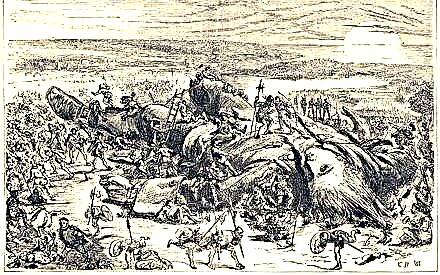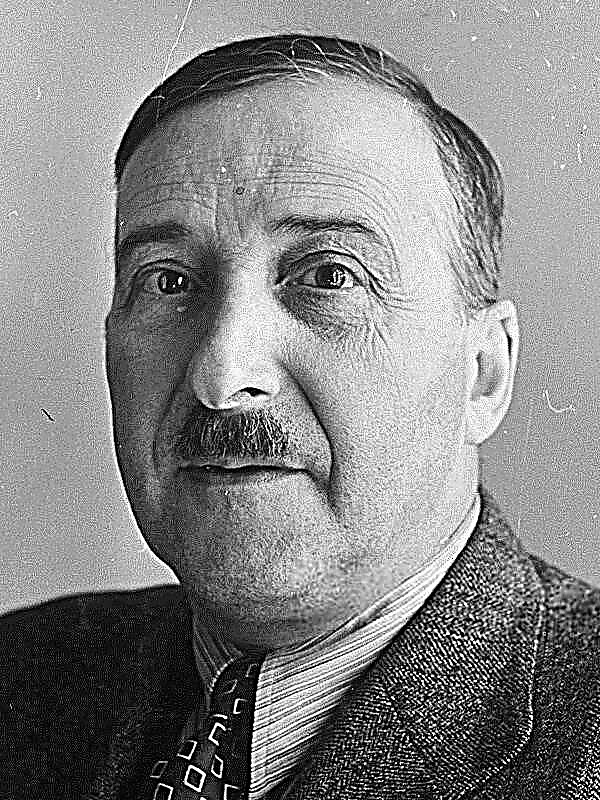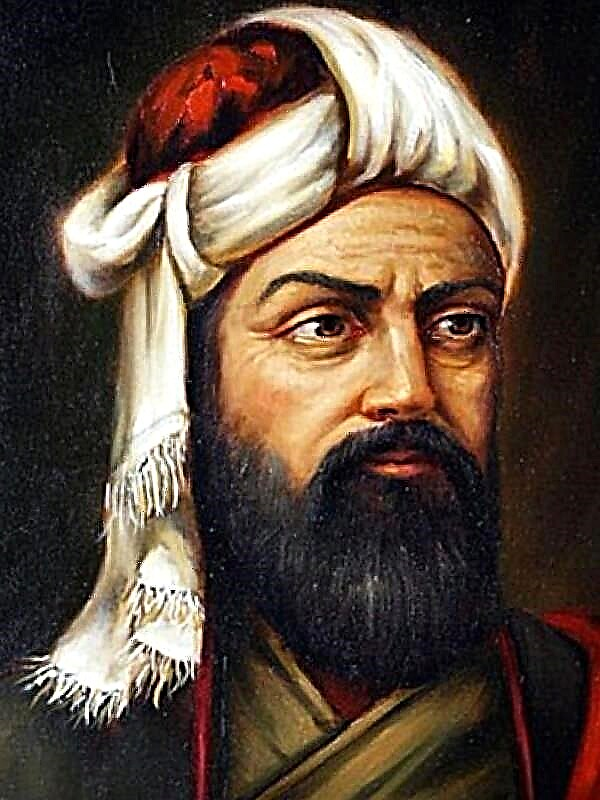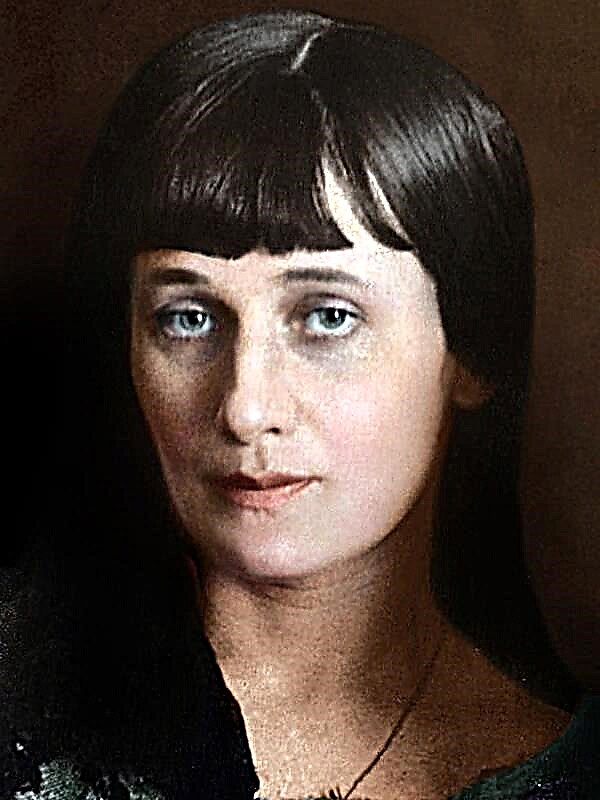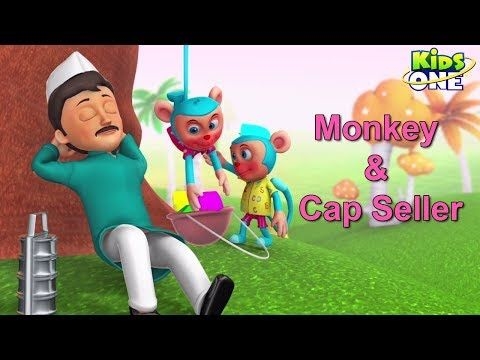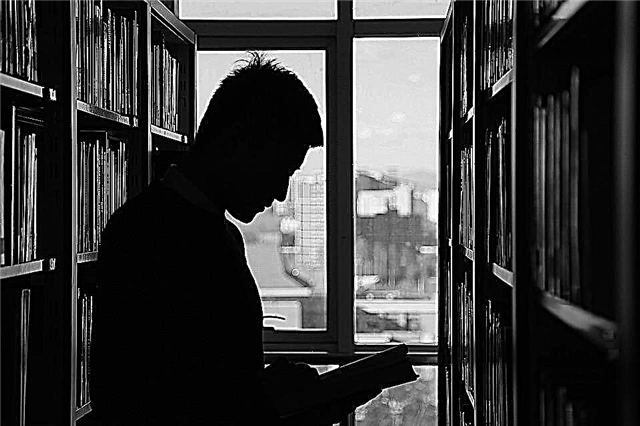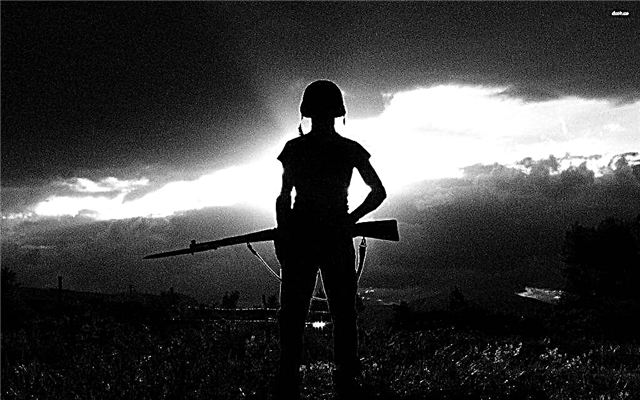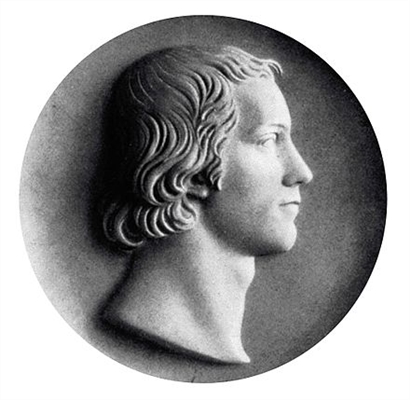(273 words) L. Tolstoy is a great classic of Russian literature, whose works do not lose their relevance to this day. The author masterfully describes the inner world of heroes, forcing readers to empathize with them. One of these characters is the Russian officer Zhilin from the story "Prisoner of the Caucasus."
Zhilin was "small in growth," but great in heart and soul - this quality was manifested in his courage, tenacity and love for his mother, to whom he sent the money he had. Since childhood, he used to achieve everything himself and build his life as he wanted. Leaving the fortress in the Caucasus, he will be captured - it was then that Tolstoy discovered the character of Zhilin. We immediately see the fortitude: the hero did not leave the wounded comrade in trouble. After an unsuccessful escape, he can be said to make the Tatars treat him with respect so as not to lose their self-esteem - this is what distinguishes him from his compatriots who are with him. Is it worth saying that Zhilin was very cunning and at the same time savvy? When feeding a dog, he clearly pursued the goal of taming it to himself so that when he ran away again, his barking would not be heard. In addition to the accepted universal human qualities, “craftsmanship” was inherent in the man - this suggests that his hands were a kind of reflection of his principles. Not to break, but to repair - that’s his true morality.
Zhilin does not complain about life, he is trying in every way to change it by any means, while a weak person sits in place and begs for compassion from the enemy. The protagonist of the "Caucasian Captive" is a collective image of a simple Russian man in the face of danger. It is not in vain that Tolstoy contrasts Zhilin Kostylin, who lowered his hands, while his comrade changes his fate with his own hands, and not with "heavenly forces." So he owes it to the poor, but strong and honest people, on whose shoulders the whole of Russia rests.

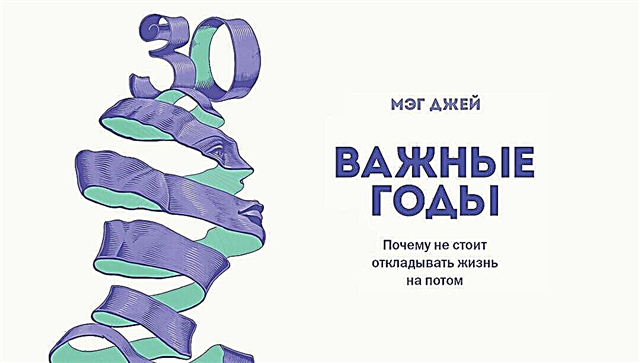 Important years
Important years